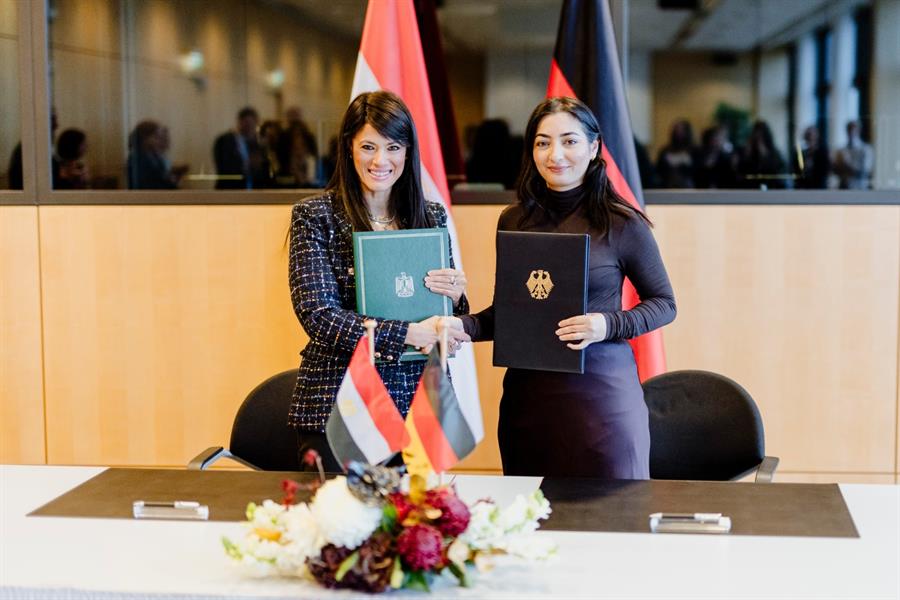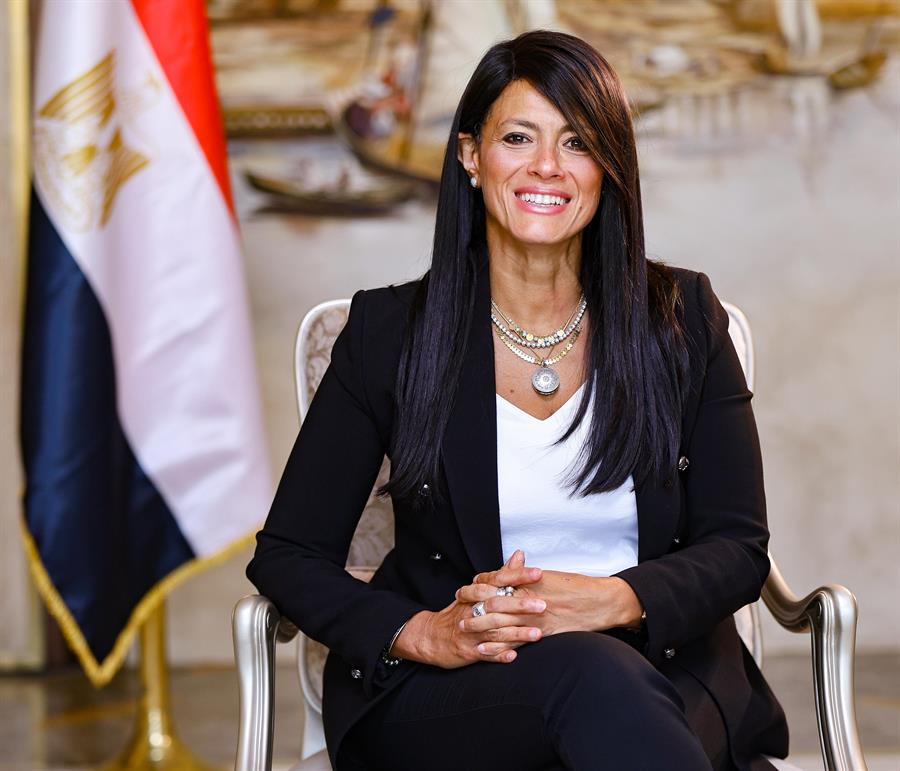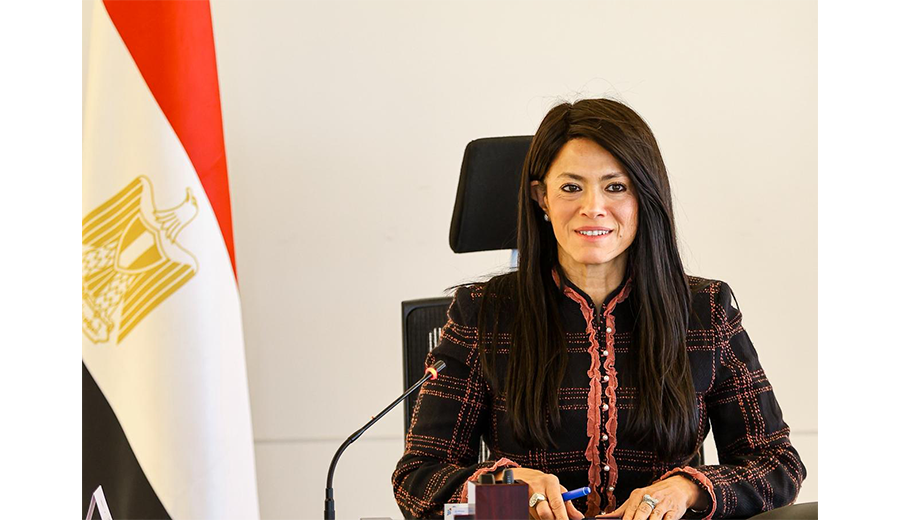Minister of Planning, Economic Development, and International Cooperation Participates in the High-Level Roundtable of Heads of Arab Coordination Group Institutions and Partner Financing Institutions
01 July 2025
During the 4th International Conference on Financing for Development (FfD4) in Spain…
Minister of Planning, Economic Development, and International Cooperation Participates in the High-Level Roundtable of Heads of Arab Coordination Group Institutions and Partner Financing Institutions
“Al-Mashat” reviews efforts to mobilize private sector investments through development finance and innovative financial tools
“Al-Mashat”: Over $15.6 billion in concessional finance for the private sector since 2020 across various development areas
Global economic developments require the international community to urgently restructure the financial system and return to the path of development
We look forward to continuing cooperation with the Arab Coordination Group to support national efforts to achieve economic development.
H.E. Dr. Rania Al-Mashat, Minister of Planning, Economic
Development, and International Cooperation, participated in the High-Level
Roundtable of Heads of Arab Coordination Group (ACG) Institutions and Partner
Financing Institutions during her participation in the Fourth International
Conference on Financing for Development (FfD4), held in Spain from June 29 to
July 3, 2025, as part of the Egyptian delegation headed by H.E. Dr. Mostafa
Madbouly, Prime Minister of Egypt.
The session was attended by Dr. Muhammad Al-Jasser,
President of the Islamic Development Bank (IsDB), Dr. Abdulhamid Alkhalifa,
Director-General of the OPEC Fund for International Development, and Mr. Bader
Al-Saad, Director General and Chairman of the Board of Directors of the Arab
Fund for Economic and Social Development.
In her speech, Dr. Rania Al-Mashat affirmed that the Arab
Coordination Group (ACG), which includes the Abu Dhabi Fund for Development,
the Arab Bank for Economic Development in Africa (BADEA), the Arab Fund for
Economic and Social Development, the Arab Gulf Programme for Development, the
Arab Monetary Fund, the Islamic Development Bank (IsDB), the Kuwait Fund for
Arab Economic Development, the OPEC Fund for International Development, the
Qatar Fund for Development, and the Saudi Fund for Development, plays a leading
role in supporting inclusive and sustainable development through joint
financing, technical assistance, and political dialogue, noting the importance
of strengthening cooperation and finding innovative financing solutions,
highlighting Egypt's keenness to strengthen its partnership with the Group to
advance economic development efforts.
H.E. pointed out that the high-level meeting provides a
platform to discuss ways for key stakeholders including international financing
institutions, UN agencies, and partner countries to adapt and cooperate to
strengthen multilateral efforts in a changing global landscape, noting that the
4th International Conference on Financing for Development is being held at an
exceptional time of rising international challenges, especially on the economic
level, which impose on the global community the urgent need to restructure the
financial system and return to the path of development.
Al-Mashat reviewed the ministry’s efforts in mobilizing
private sector investments through development finance and innovative tools, as
$15.6 billion in concessional finance has been provided to the private sector
since 2020, contributing to mobilizing domestic and foreign investments across
various sectors.
The minister also highlighted the Hub for Advisory,Finance
&Investment for Enterprises “Hafiz” platform, launched in December 2023,
which aims to connect local companies with development partners and provide
about 85 financial and technical services, emphasizing the ministry’s
commitment to the green transition through the "NWFE" program, which
supports renewable energy projects via international partnerships, thereby
enhancing private sector participation in green sectors.
Moreover, Al-Mashat noted that the government is moving
forward with the implementation of the national structural reform program,
which is one of the key pillars for enhancing economic performance and
achieving comprehensive and sustainable development, based on the pillars of
consolidating macroeconomic stability, improving the business environment and
competitiveness, and advancing the green transformation.
H.E. reaffirmed that the structural reforms
implemented reflect the state’s clear vision and direction to enhance the
competitiveness of the economy, increase private sector participation, adopt
investment-attracting policies and programs, and simplify legislative and
regulatory frameworks.









